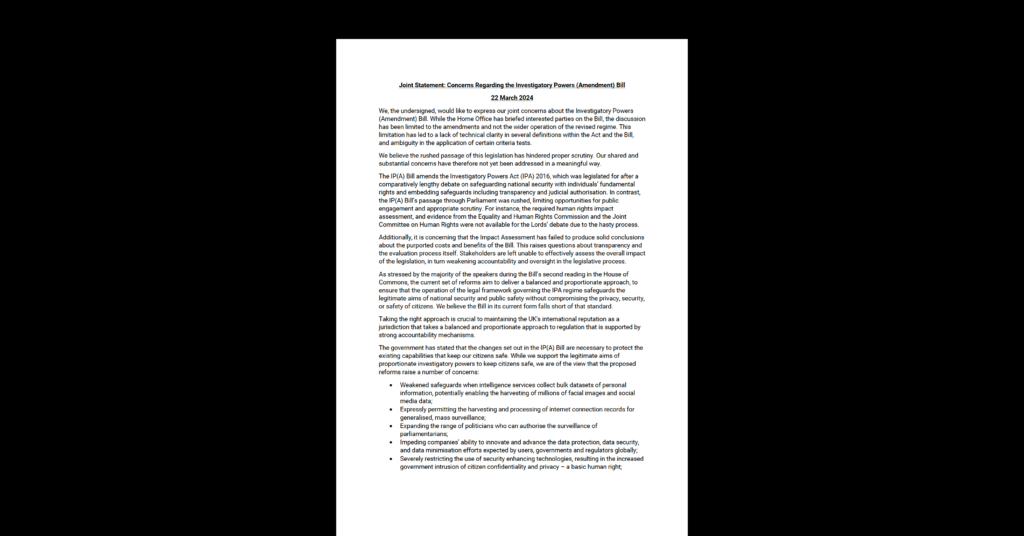European Policy, Free Expression
Member of the European Parliament Schaake puts Freedom of Press and Media on the Agenda
It is hard to overstate the crucial importance of free expression to a sound and vibrant democracy. As John Stuart Mill famously said in his classic On Liberty: “We can never be sure that the opinion we are endeavoring to stifle is a false opinion; and if we were sure, stifling it would be an evil still.” That basic truth is worth repeating, because as has been shown so many times, from Galileo to Spinoza to Salman Rushdie, the use of legislation, coercion or violence to stifle speech spans the centuries.
We may sometimes be tempted to think that, just because free expression is now a corner stone of European democracies, it will look after itself. This is too optimistic, and we should therefore commend Dutch Member of the European Parliament, Marietje Schaake, of the Liberal and Democratic group, for her consistent efforts to keep focus on defending these rights. The motives for silencing political debate, criticism, or points of views, change over time but the cost to democracy is constant.
Tomorrow, in the European Parliament’s Foreign Affairs Committee, Ms Schaake will discuss her draft report on ‘The Freedom of The Press and Media in The World’ on which she has invited feedback. The report makes a number of very important points.
The draft report acknowledges and draws attention to several challenges to free expression, both within the European Union and in other countries. For example, laws on hate speech, blasphemy and libel can be used and have been used to silence, intimidate and preempt legitimate political debate.
Some challenges are linked to the Internet and to citizens’ digital lives. Frequently, there are calls for digital platforms and Internet Service Providers to monitor and police customers’ and citizens’ online behavior, for purposes of enforcing legal limits on free expression or combating copyright infringement.
Governments and law enforcement agencies often look for new tools to enhance anti-terror capabilities, and combat cross-border criminal activity. Communications networks and the Internet can be valuable sources of information for law enforcement authorities, and enabling legitimate security and law enforcement efforts can easily lead to draconian and overreaching monitoring and surveillance measures that threaten freedom of speech and the right to privacy.
Ms. Schaake is right to point these issues out. As she correctly notes, unless EU Member States guarantee and defend vigorously freedom of speech at home, it is difficult to do so credibly abroad.
The need to promote and protect freedom of expression is especially acute when it comes to the EU’s neighbors in the former Soviet Union, in the Middle East and in Africa, and this is where the EU can use its influence most effectively. Ms. Schaake devotes a significant section of her draft report to call on the EU institutions, including the European Commission and the European External Action Service, to make freedom of the press and media an overriding priority both inside and outside of the EU.
The European Union plays an increasingly significant international role, as a major trading bloc, as a donor of vast amounts of development aid, and, increasingly, as a diplomatic and foreign policy player. The EU should bring this influence to bear effectively, creating economic incentives for developing countries and trading partners to adhere to fundamental human rights, among them free expression, press and media.
In doing so, the EU can and should work with civil society organizations such as the Global Network Initiative (GNI) [link] to help establish human rights-based guidelines for telecommunications and Internet companies operating in non-democratic countries. These companies are sometimes called on by authoritarian governments to enable security services to monitor and obtain information about citizens and dissidents. Last week, GNI announced a new collaboration effort with a group of eight leading European telecommunications companies. CDT applauds and supports this collaboration.
CDT fully supports Ms. Schaake in her ongoing efforts to bring digital freedoms, and freedom of the press and media to the center stage. The task is daunting, but if Europe does not forcefully promote these fundamental rights, we will not be successful in helping more countries move towards democratic and sustainable political systems.


